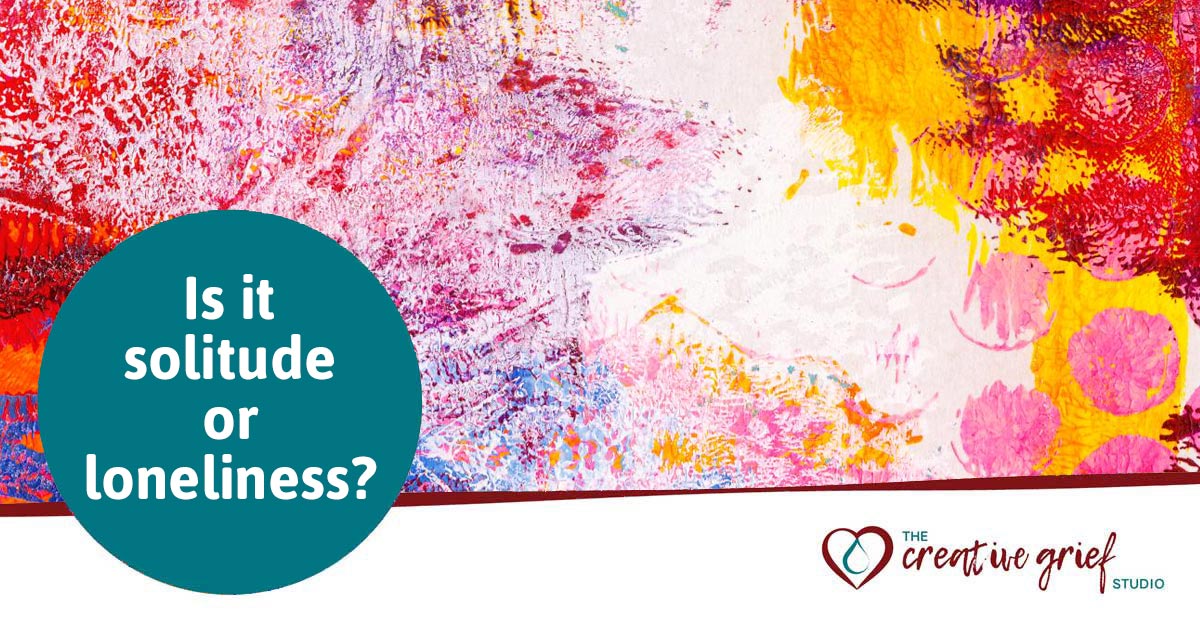Research consistently shows that people who have compassionate social support and a sense of belonging cope much better after loss, so we certainly have a responsibility to explore with our clients what their experiences are of social support.
Social location and preference awareness
We also need to be aware of Modern Western social discourses of loss and grief, and of gender expectations. The idea that grief should be a “private” matter is a prevalent discourse that often inhibits people from sharing their grief experiences. And those feeling subject to masculine scripts may feel great pressure to keep their grief to themselves, or they may have been so strongly policed by ideas like “big boys don’t cry” that letting others into their grief experience is too far outside of their comfort zone for it to be an appealing idea.
Alongside this, we need to also bear in mind that it’s not just grief experiences and needs that are diverse, but people also have different levels of desire to socialize, different activity interests, and different relationships that support them in different ways. And what’s more, some solo activities can feel really supportive for some people when they’re grieving.
In our role as helping professionals
So, while it’s important for Creative Grief Support Practitioners to explore our client’s social worlds, and sense of connection and belonging, it’s also important that we don’t make assumptions and judgments about what their social needs are. Some kinds of questions we might ask, in order to bring curiosity to this exploration, and protect against assumptions and “professional advice” could sound like:
- What does solitude mean to you?
- And what does loneliness mean to you?
- How do you know whether you’re experiencing solitude or loneliness?
- How does solitude affect your life and how you see yourself?
- And how does loneliness affect your life and how you see yourself?
- What kinds of solitude do you enjoy?
- Which is bigger in your life these days – solitude or loneliness?
- Which would you prefer to have more of? Why?
- When grief experience has brought you to lonely tears, how do you take notice and figure out what you need?
- What is it about solitude that works for you?
- How can you remember those things about solitude that work when the loneliness hits?
- Even if you have experiences where you are “not always successful” in your attempts, what can you notice about those times?
- What can you learn and carry forward for the next time things are difficult?
- Are there ways that solitude can be changed into loneliness?
- How does that happen?
- And are there ways that loneliness can be changed into solitude?
- How have you done that?
If you’re curious to learn more nuanced, creative, and unique ways to help your client experience a sense of belonging and understanding of how social location may affect them as they grieve, apply to join our next Certification in Creative Grief Support.

